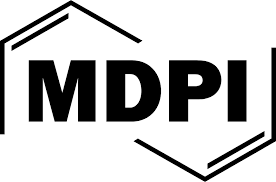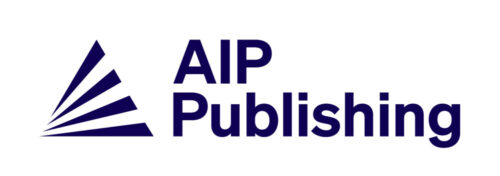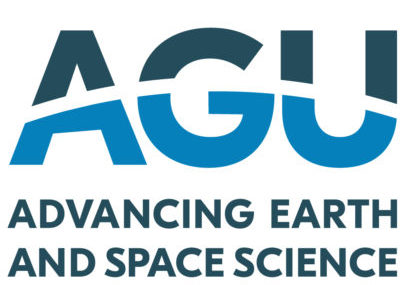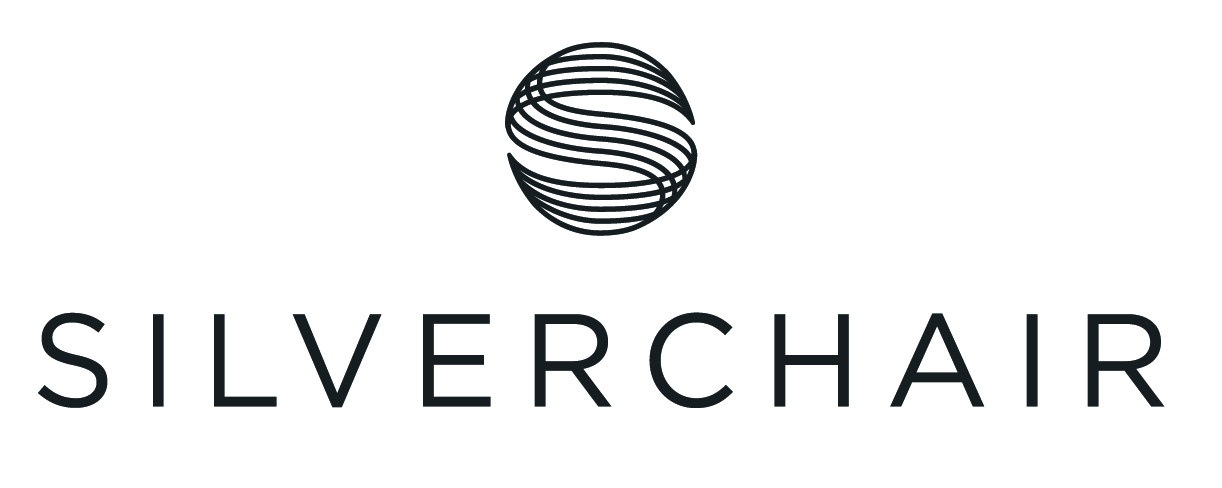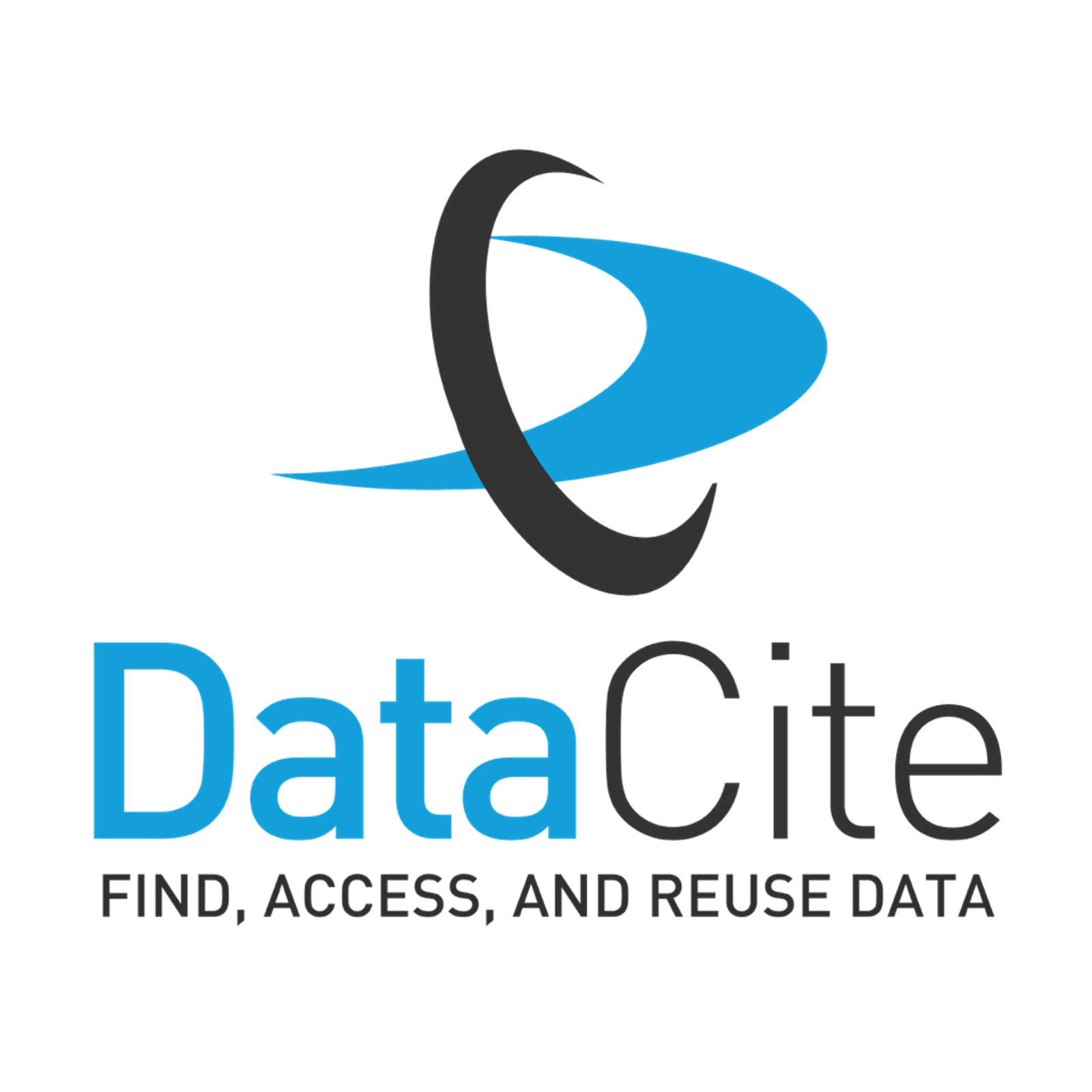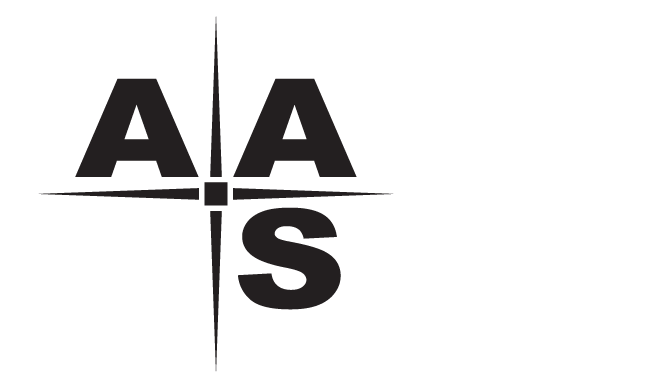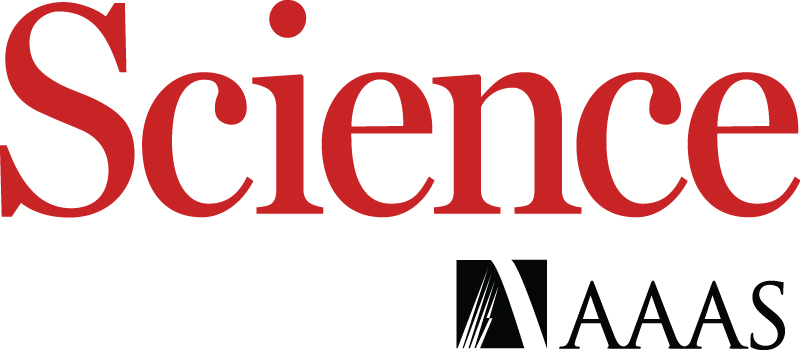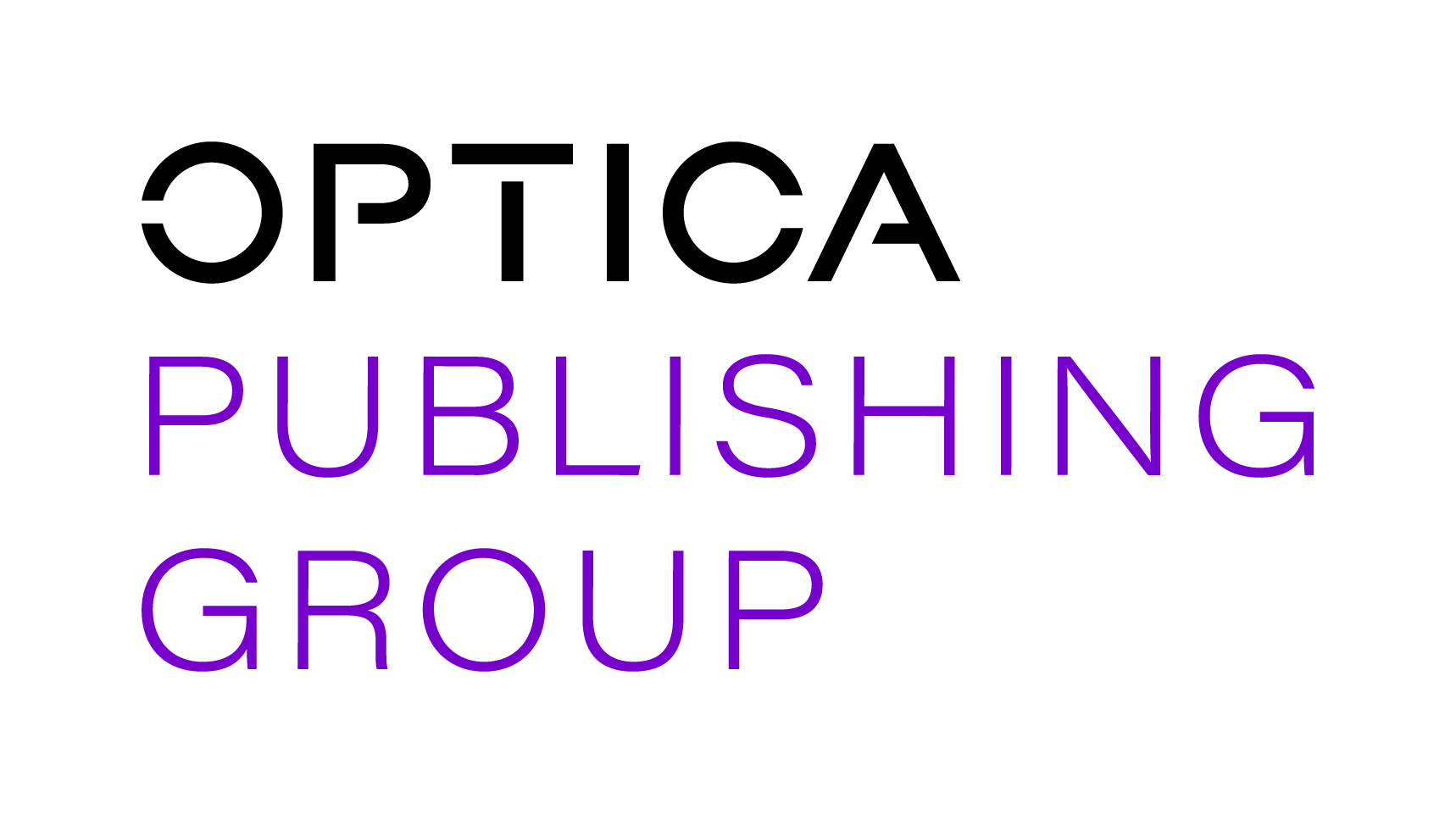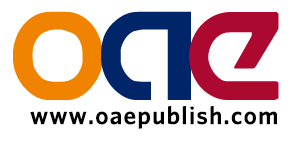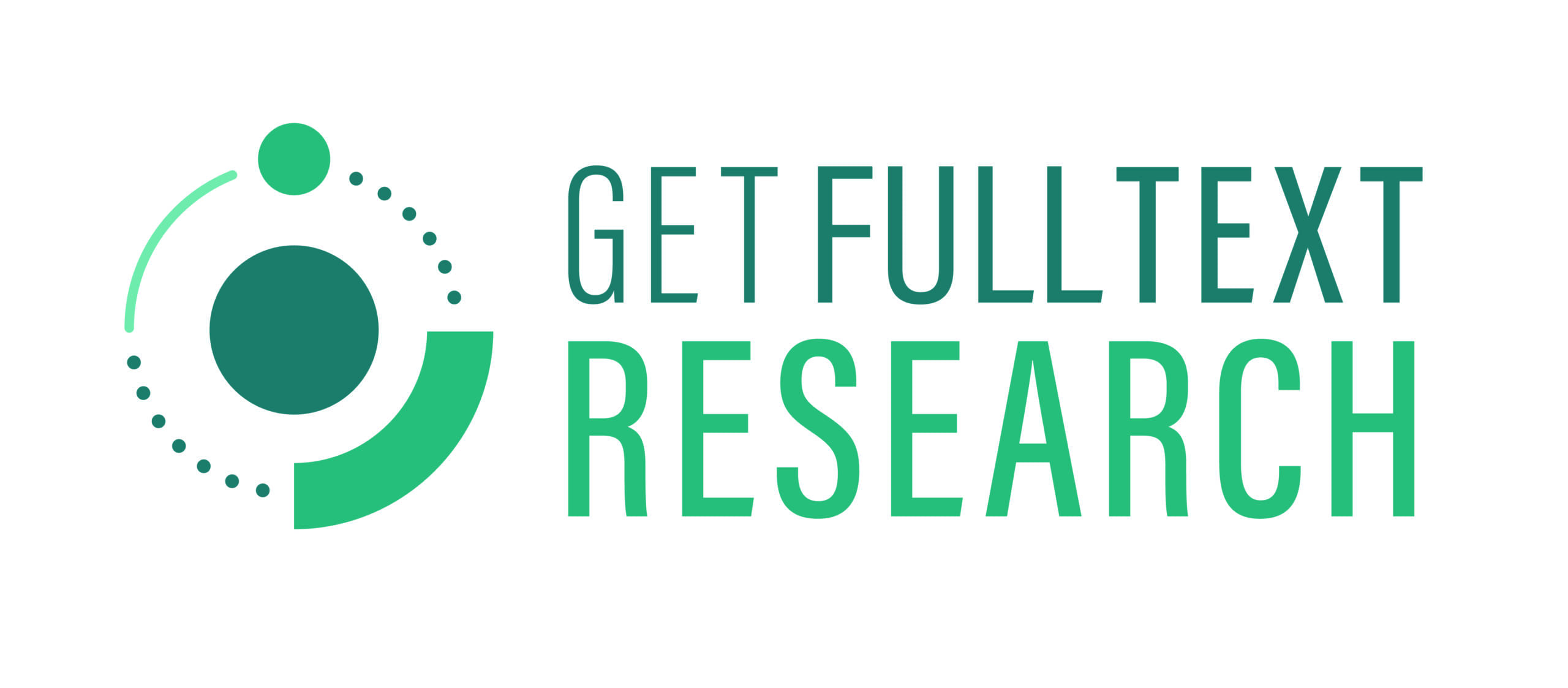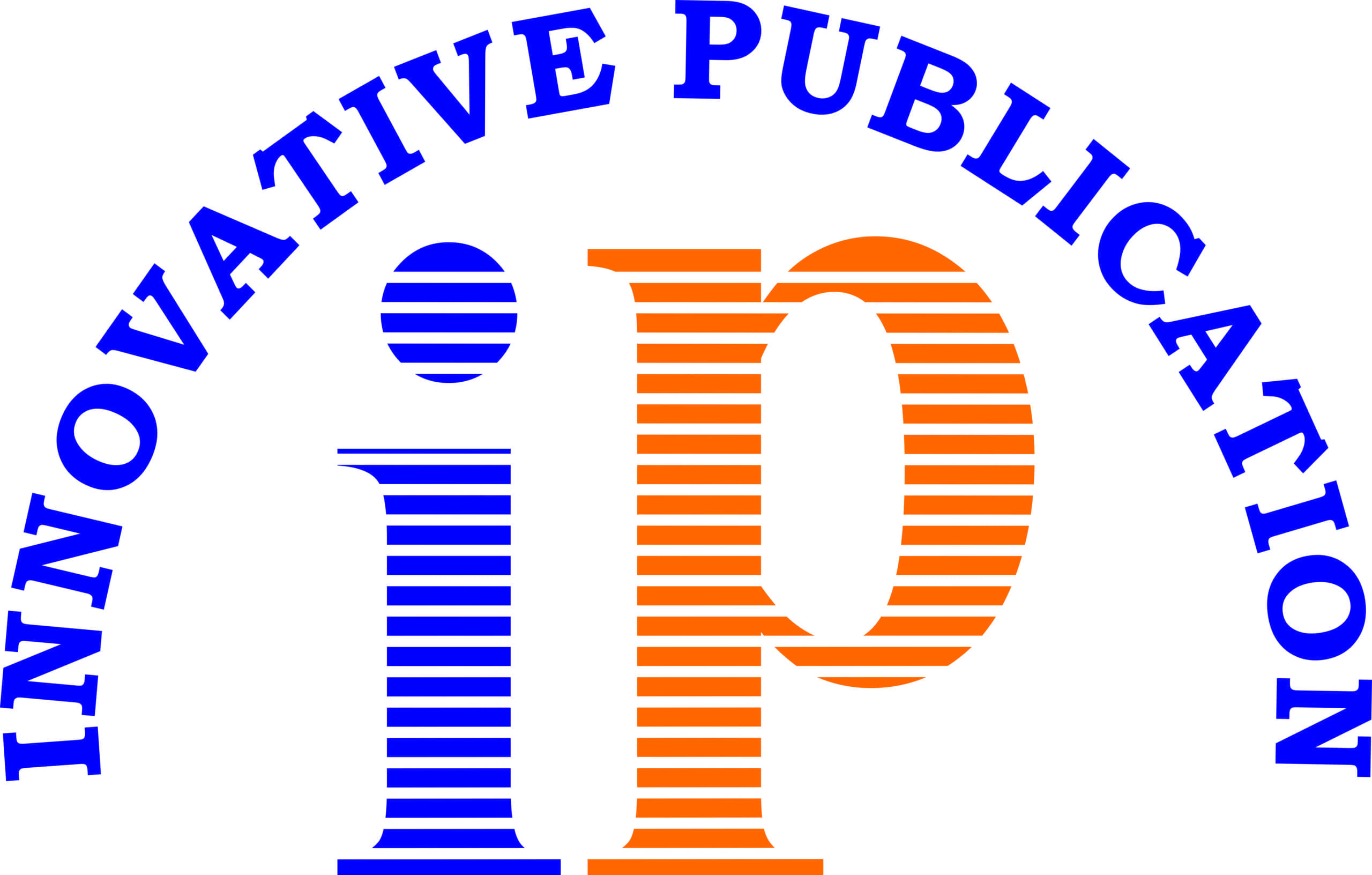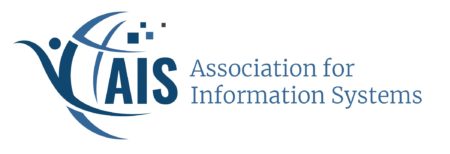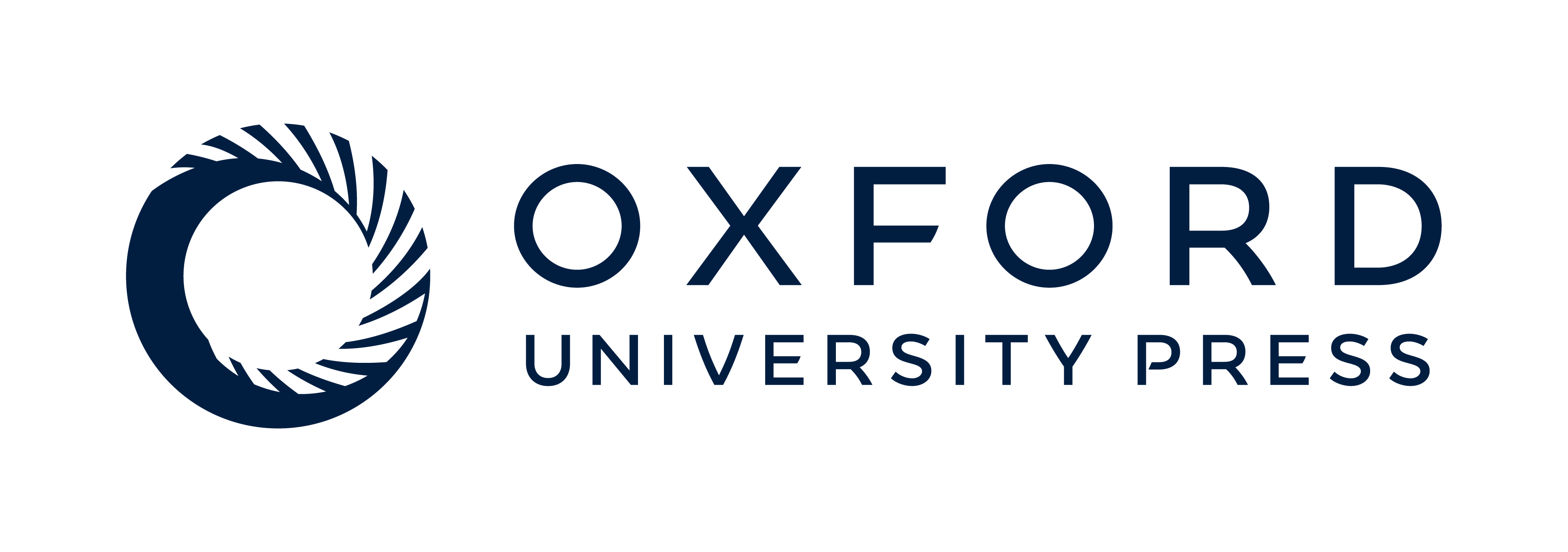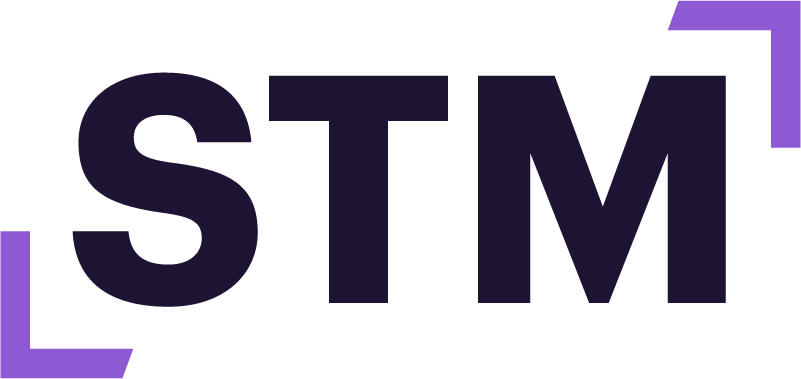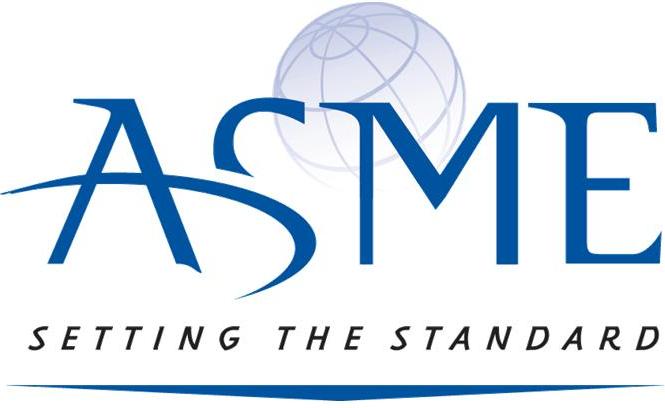CHORUS is pleased to announce a pilot initiative to help the academic community effectively comply with the US Funder Public Access requirements. CHORUS signed a letter of agreement with the University of Florida (UF) and Scopus to explore how our services can be extended to institutions to monitor and increase the rate of compliance. CHORUS and Scopus are providing their services free of charge to participating institutions for the pilot’s duration, which is scheduled to run through January 2017.
Building on an initiative already underway between UF and Elsevier, CHORUS’ participation enables scaling it up to a multilateral, industry effort. “The collaboration will lead to the creation of a standardized process to associate funders and institutions with published content and monitor it for public-access compliance,” said CHORUS executive director Howard Ratner. “We intend to develop better interoperability between funder, publisher, and university systems and minimize duplication of effort and expense through the application of widely used standards, services, and best practices.”
“It’s a great example of libraries and publishers working together to expand access, to increase compliance with funder policies, and to reduce duplication of cost and effort. With CHORUS on board, we’ll now be able to scale up the initiative and broaden it to include other libraries and publishers”. Dr. Alicia Wise, Director of Access and Policy, Elsevier
Research grants flow through universities and impact both revenue and reputation, thus universities have a vital interest in public-access compliance. And yet, with the research regulatory landscape becoming more complex, an institution’s obligations may not be clear to all involved, especially since faculty researchers are responsible for time-consuming compliance requirements. Continuity of grant funding could be affected as funders inevitably shift toward greater enforcement of public access. It’s increasingly clear that universities would benefit from a sustainable, cost-effective public-access monitoring solution − like CHORUS − to ensure a high rate of compliance and minimize the burden to researchers and institutions.
“The project addresses several university needs, including facilitating compliance with US policies on public access to federally funded research.” Judith Russell, Dean of Libraries, University of Florida
The project will design and test a workflow to identify articles written by UF staff, faculty, and students and published by CHORUS publisher members. The article metadata will be ingested into the CHORUS service, which associates the article with the US federal agencies that funded the research using the Crossref Open Funder Registry. UF will then link to the full text on member publishers’ sites via the DOI. CHORUS will develop institutional dashboards to aid the institution with tracking and reporting compliance. CHORUS audits each article for public accessibility, availability of reuse licenses, and perpetual archive and preservation arrangements, and reports on the status in dashboards.
Several CHORUS publisher members are participating in the pilot, including American Chemical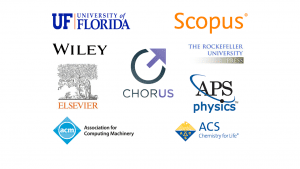
Society, American Physical Society, Association for Computing Machinery, Elsevier, The Rockefeller University Press and Wiley. Pilot participants will meet regularly to evaluate progress and determine next steps after the pilot concludes, which may include further development, an ongoing service customized for institutional needs, and adding more academic institutions and publishers. Participants may also explore related metadata, identifier, and compliance initiatives and map future interactions as part of their collaboration.
Additional academic institutions, CHORUS publisher members, funders, and preservation services are invited to join the pilot. Anyone interested in participating should contact Howard Ratner.
About Scopus: Scopus is the largest abstract and citation database of peer-reviewed literature and features tools to track, analyze and visualize scholarly research. Its comprehensive database contains 64+ million items indexed from 21,000 titles from more than 5,000 publishers worldwide, ensuring broad interdisciplinary coverage in the fields of science, technology, medicine, social sciences and arts and humanities. Scopus was designed and developed with input from researchers and librarians and features direct links to subscribed full-text articles, other library resources and interoperability with applications such as reference management software. Scopus is part of Elsevier’s Research Intelligence portfolio which includes the SciVal tools, the Pure system, rich data assets and custom Analytical Services.
